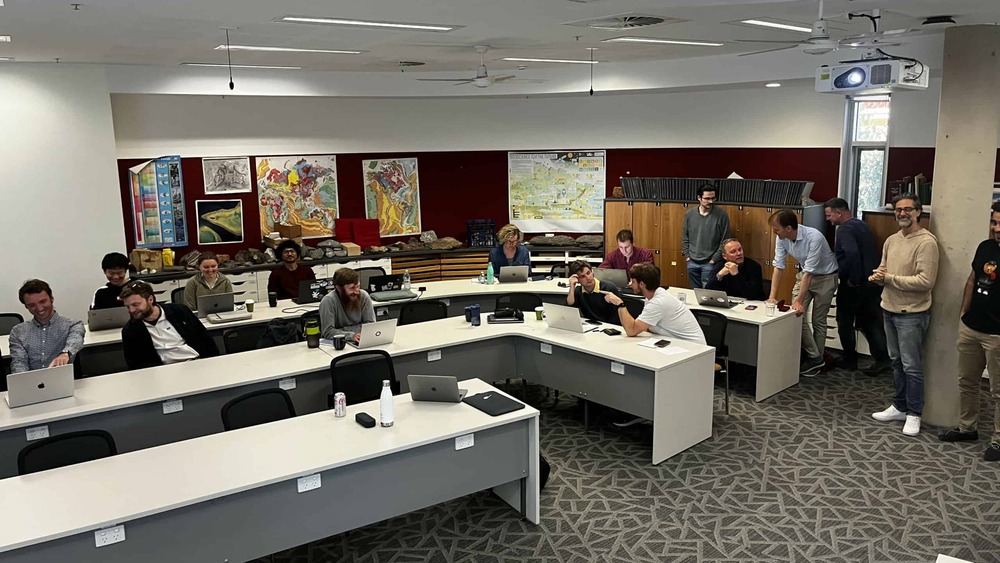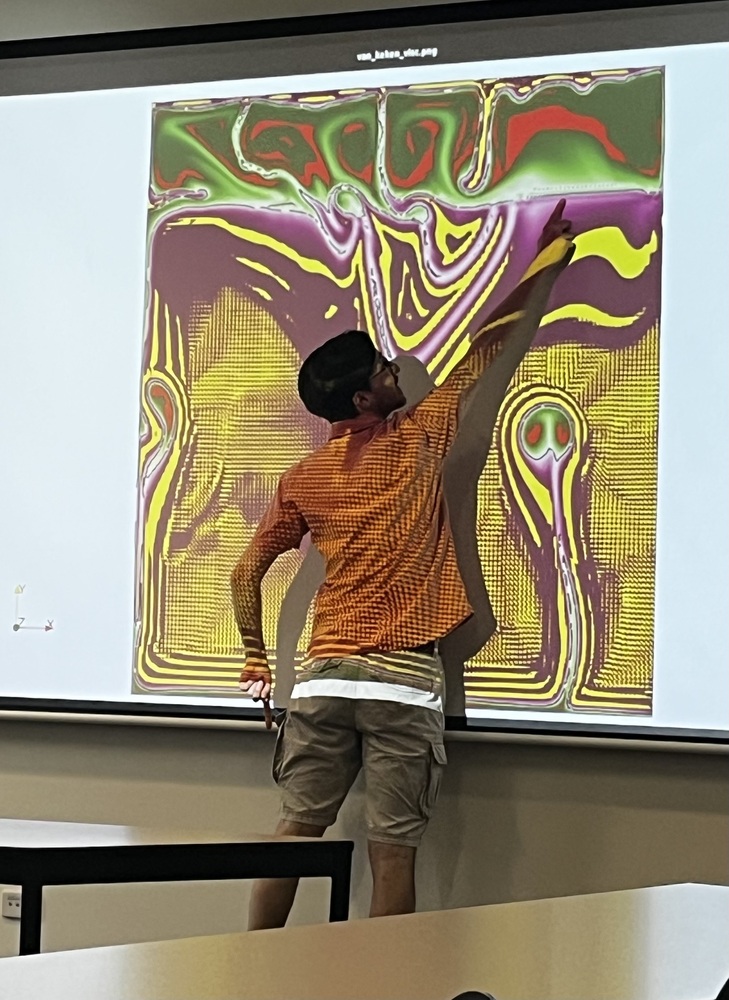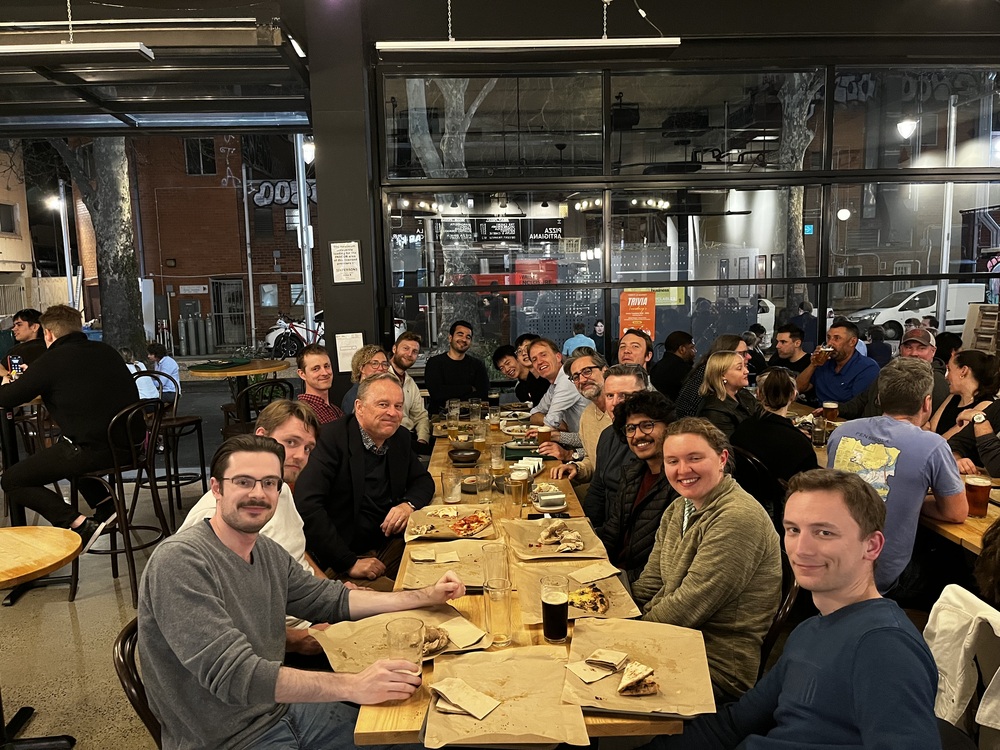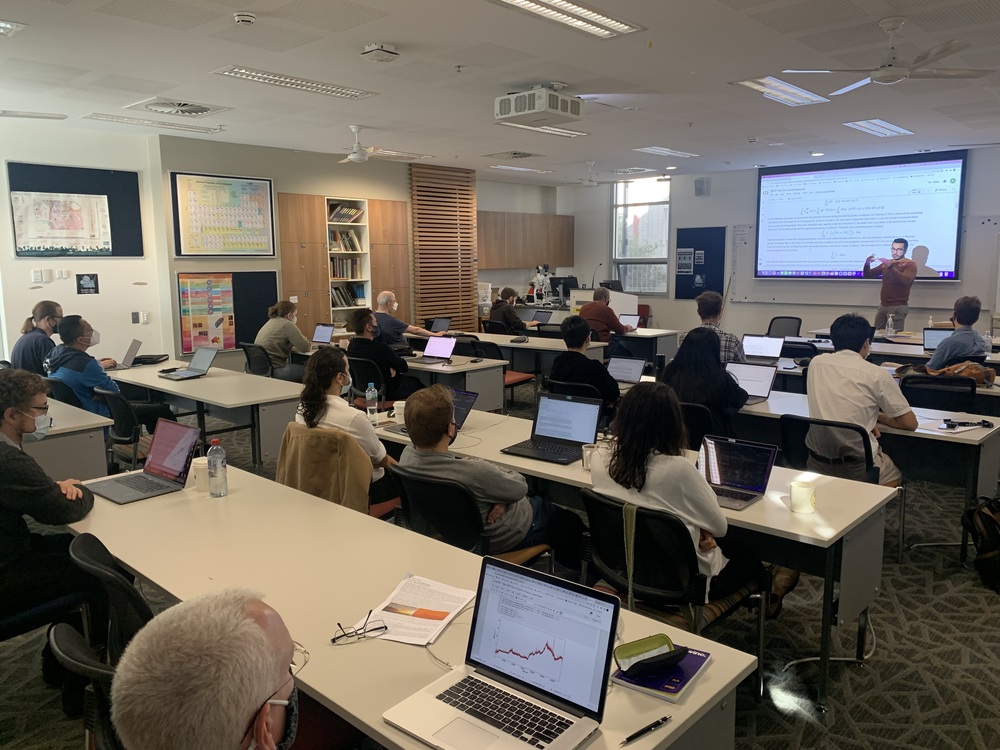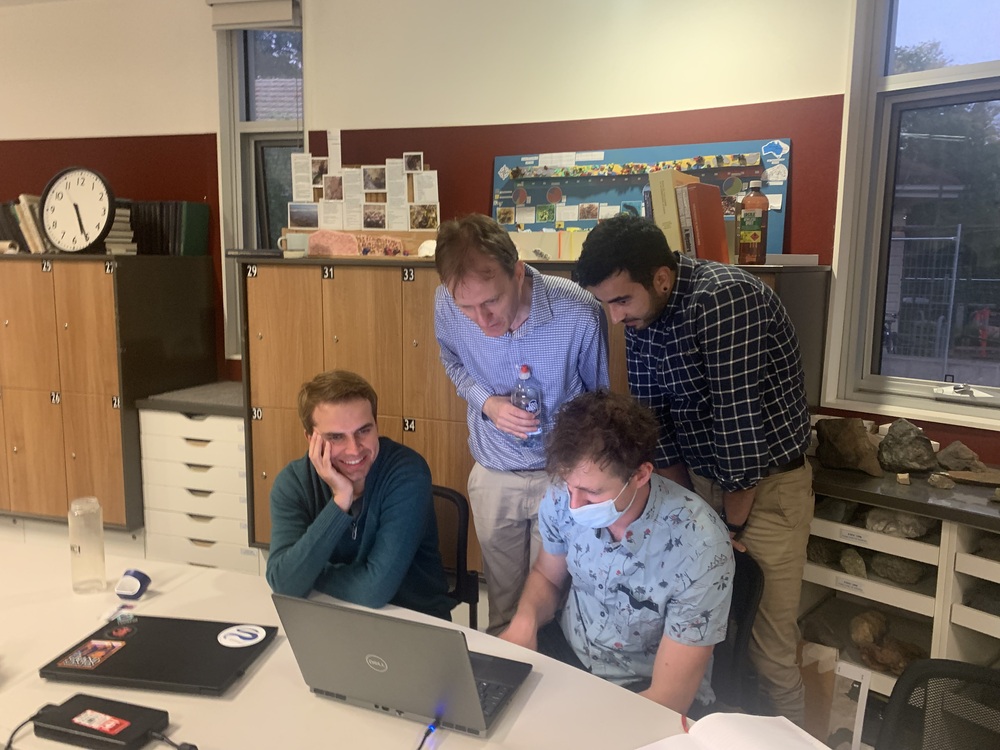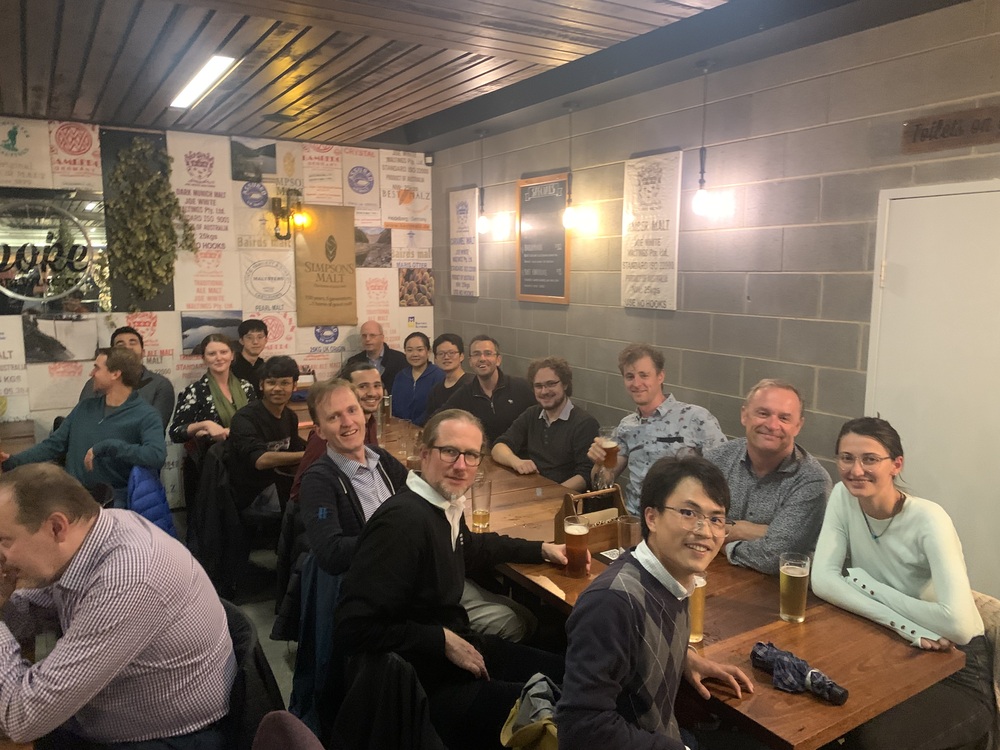G-ADOPT Workshop 2024
The 2024 G-ADOPT workshop will be held at the ANU's Kioloa Coastal Campus on the New South Wales coast. Mark your diaries for Sunday 10/11/24 (4 pm) - Tuesday 12/11/24 (4 pm).
The workshop will provide background to the platform and training for potential users, thus facilitating community growth. We welcome national and international participants. The workshop will provide an opportunity for the G-ADOPT team to showcase recent progress on the forward and adjoint components of this finite element modelling platform. Key areas of focus will include:
- Mantle and lithosphere dynamics.
- Glacial isostatic adjustment and visco-elasticity.
- Multi-material simulations.
- Adjoint-based optimisation problems.
Thanks to generous support from our partners at AuScope, this workshop will be free for all students and early career academics, provided registration is complete before the early-bird registration deadline of 30/06/2024. Student and early-career registrations after this date require a contribution of $50. Registration for other participants will be $200 prior to the early-bird registration deadline, and $250 thereafter.
